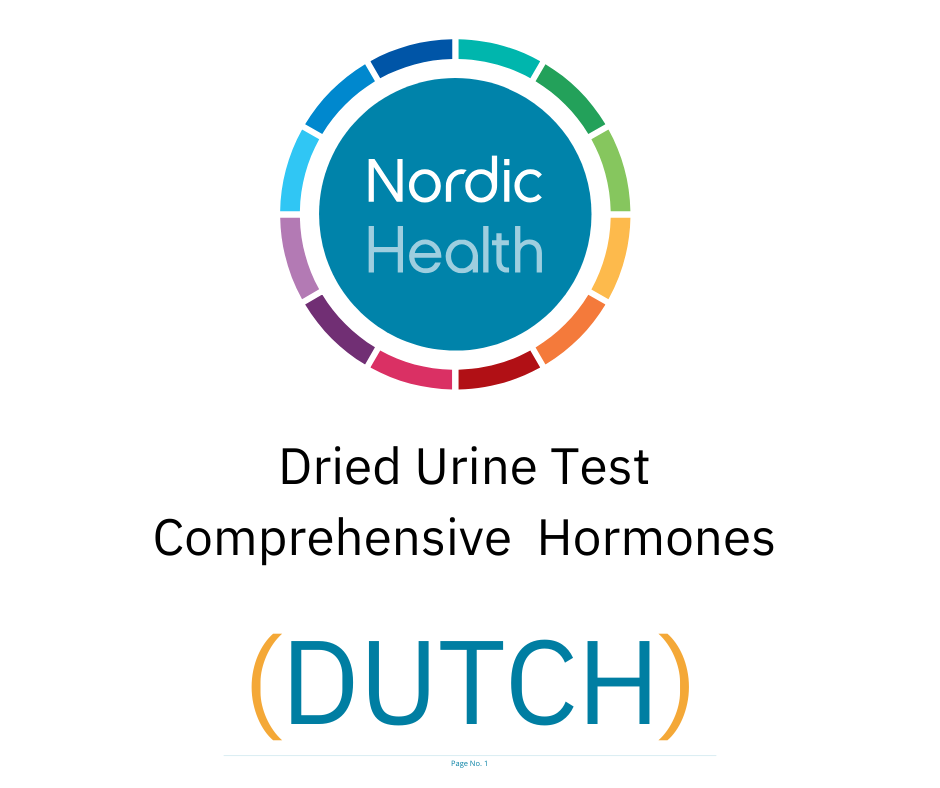C-SAP: Your Compass to Comprehensive Gut Health
- Aug 4, 2025
- 3 min read
Updated: Aug 5, 2025

In the world of functional medicine, the gut is often referred to as our second brain, the cornerstone of our overall health. When digestive issues arise, or even when systemic symptoms like fatigue, skin conditions, or autoimmune challenges persist, looking closely at the gut is a critical first step. This is where the Comprehensive Stool Analysis + Parasitology (CSAP) test truly shines.
Understanding the CSAP Test: A Comprehensive Gut Health Assessment

The CSAP test is a highly valuable, non-invasive diagnostic tool designed to deliver a comprehensive and objective analysis of your gastrointestinal (GI) health. Rather than focusing on just one or two potential concerns, it provides a broad-spectrum evaluation, including:
• Beneficial Flora: The vital bacteria that support digestion, nutrient absorption, and immune system function.
• Imbalanced Commensal Bacteria: Microorganisms that, when overgrown, can lead to disruptions in gut health, known as dysbiosis.
Beyond the Basics: Advanced Technology for Precision
The CSAP distinguishes itself from other stool tests through its advanced multi-technology approach. While many tests rely exclusively on DNA PCR to answer the question, “Is this specific organism present?”, the CSAP goes further by incorporating a range of methodologies, including Moldy Tof Technology, Multiplex PCR, Culturomics, and Parasitology.
Actionable Insights: The Power of Susceptibility Testing

The CSAP test benefits healthcare providers and patients by offering precise treatment recommendations. It identifies imbalances in bacterial or fungal species, specifies the organism, and suggests effective medications or remedies, such as berberine or nystatin for Geotrichum fungus. This targeted approach streamlines gut health restoration and improves patient outcomes.
Comprehensive Biomarkers: Understanding GI Function
The CSAP test provides far more than just a list of microbes. It includes an extensive stool chemistries profile that offers vital clues about your digestive health:
Parameter | Description |
|---|---|
Short Chain Fatty Acids (SCFAs) | Low butyrate levels, vital for gut health, immunity, and brain communication, may indicate a need for more prebiotics. |
pH Levels | A healthy pH level in the large intestine helps stop bad bacteria from growing. |
Inflammatory Biomarkers | Calprotectin, lactoferrin, and lysozyme indicate gut inflammation, helping distinguish mild cases like IBS from serious conditions like IBD requiring different treatment. |
Secretory IgA (sIgA) | sIgA levels indicate the effectiveness of the gut's immune system in preventing germs and harmful substances from adhering to the gut lining. |
Elastase | This tells us if your pancreas is making enough digestive enzymes. Levels around 200 or lower suggest that taking digestive enzyme supplements could be helpful. |
Who Should Consider CSAP Testing?
The applications of the CSAP test are broad, recognizing the systemic impact of gut health. It's highly recommended for individuals experiencing any of the symptoms below.
Condition Type | Description |
|---|---|
Gastrointestinal Symptoms | Such as Irritable Bowel Syndrome (IBS), acute bowel issues, Crohn's, colitis, or celiac disease. |
Autoimmune Diseases | Including rheumatoid arthritis and multiple sclerosis, due to the strong connection between the microbiota and autoimmunity. |
Skin Conditions | Various skin-related issues that may be linked to gut health. |
Neurological Diseases | Conditions affecting the nervous system that may have a connection to gut health. |
Chronic Systemic Conditions | Where the root cause may lie in gut dysbiosis, such as persistent fatigue, unexplained weight changes, or chronic headaches. |
Infections | Anyone suspected of having a bacterial, yeast, fungal, or parasite infection that may not be easily detected by conventional methods. |
Beyond the Test: A Comprehensive Approach to Healing

Receiving a CSAP report is only the first step. Partnering with a Functional Medicine Practitioner provides a clear and practical pathway to enhancing health, often incorporating these steps.
Focus Area | Description |
|---|---|
Removing Harmful Organisms and Irritants | Using test results to target and eliminate problematic bacteria or other organisms. |
Supporting Digestion | Add supplements like stomach acid, digestive enzymes, prebiotics (e.g., inulin), and probiotics to support gut health, but note that probiotics alone may not heal a damaged gut, and introduce prebiotics gradually if SIBO is suspected. |
Repairing Gut Lining | Addressing "leaky gut," which can happen due to poor digestion, food allergies, imbalanced gut bacteria, or certain medications. Support can include nutrients like L-Glutamine, zinc, or gut-healing products. |
Improving Lifestyle Habits | Factors like stress, lack of sleep, unhealthy eating, alcohol use, and inactivity can negatively affect gut health. Supplements can’t replace a healthy lifestyle, so making positive changes is essential. |

Ready to explore the hidden world within your gut?
Talk to your functional medicine practitioner about the Comprehensive Stool Analysis + Parasitology (CSAP) test today.



Comments